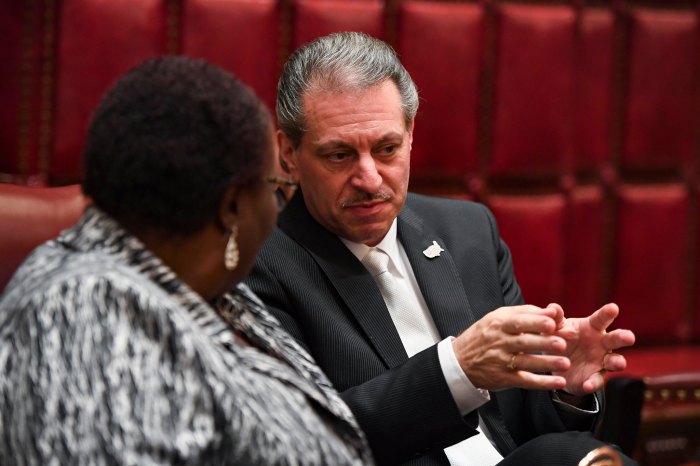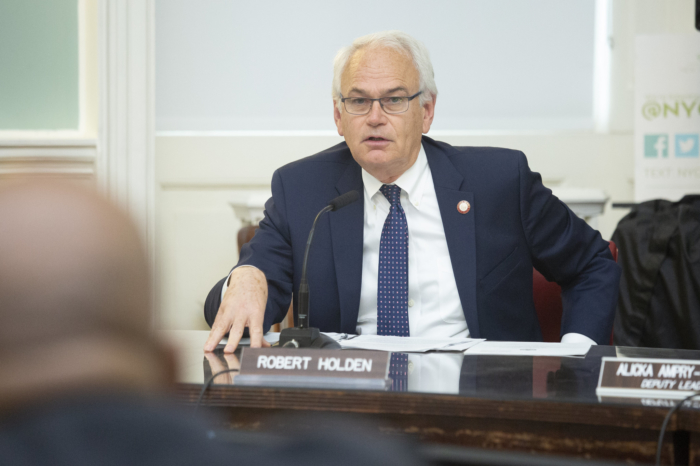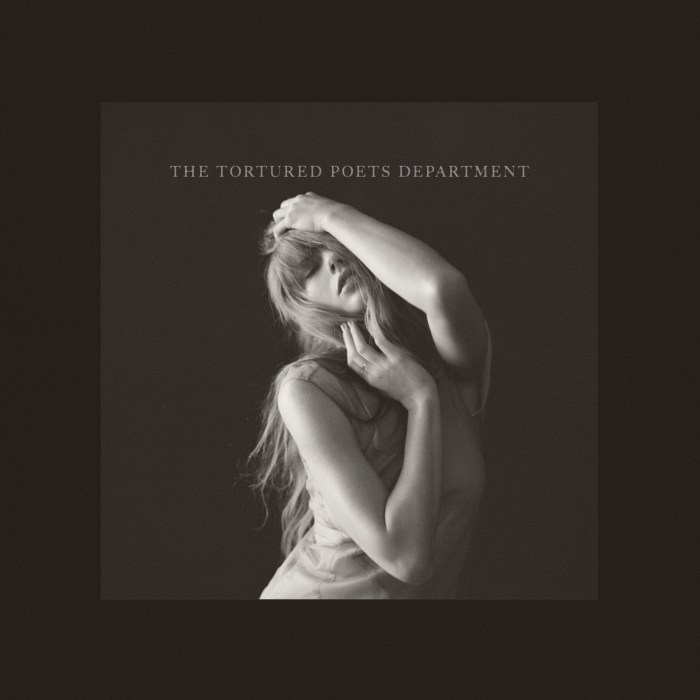During Comptroller Scott Stringer’s roundtable with Community Board 5, he was flooded with questions about local school and nonprofit issues.
Over the course of the hour-and-a-half roundtable, which featured representatives of local legislators, education advocates, local civic organizations and community leaders, two major sources of consternation emerged: Department of Education bureaucracy and nonprofit funding procurement.
“I think a lot of what I’ve learned here today is what I’ve felt in other roundtables, which is that nonprofits that guide the community are the ones that are not being valued by city government and that has to change,” said Stringer at the end of the meeting.
Stringer first raised the issue of contract procurement in response to a series of financing questions from nonprofit groups. A representative of Access Health NYC who claimed that her nonprofit health organization was not able to get the city or state funding after changes to the City Council funding initiatives last year.
The issues reminded the comptroller of the delays in the city’s grant funding process that he recently criticized in a report.
“Why is the city giving a good nonprofit money and then they don’t get the money two years? And then they have to take out loans against the money. It’s called the procurement process,” he said.
Stringer argued that Queens Community District 5 would receive exceptional benefit from his proposed reforms because of its active nonprofit sector.
“I want a new more transparent procurement process. I want the mayor’s office of contracts to own up to the fact that they are too slow, too outdated and we are jeopardizing a lot of these nonprofit organizations,” he said.
Another vocal nonprofit sector at the meeting included advocates for the charter and religious schools. Representatives of Catholic schools, along with members of the local school council, raised issues over DOE mismanagement and bureaucracy.
A representative of Glendale’s Sacred Heart Catholic Academy said that the school has been trying to qualify to receive a DOE-funded security officer in the school after their application was denied on the grounds that they are six students short of the 300-enrollment minimum required to receive the service.
Stringer responded that there has to be a better standard than the strict requirement in place. He believes that the DOE should be able to exercise some discretion.
“That’s just totally unacceptable. So let me see what we can do. You raised some very interesting issues. There is going to be more budget debate about how we deal with all security issues at mosques, churches and synagogues. So this is going to be a tough issue,” Stringer added.
Another criticism of the DOE came from a member of the Community Education Council District 24, who said that she found the communication between the DOE and the Department of Homeless Services to be horrendous.
The community member said that even though Community School District 24 has the most students in temporary housing of the entire city, DOE does not provide any outreach to the students in this position. Though the homeless shelters in the district have an education liaison position, she argued that the person in this position needs to be in close communication with the DOE.
Stringer said that he actively followed this issue in an audit that his office released addressing the DOE’s efforts to monitor and address school attendance of homeless children.
“We chronicled one situation where a kid missed 42 days of school and nobody called. Nobody from the DOE seemed to pick up the phone and say, ‘What happened?’” said Stringer.
He said he would report back to the resident the school district on how he planned to work with other elected officials on the issue.


































